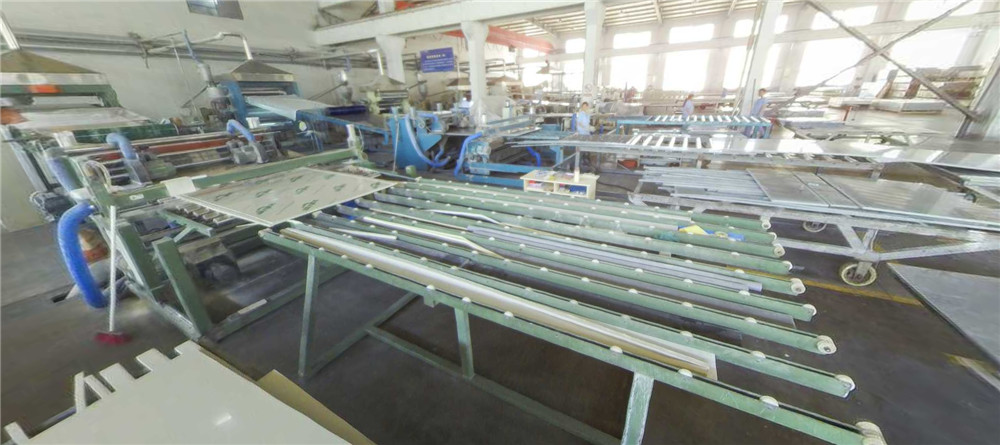Dec . 10, 2024 08:41 Back to list
hdpe poly pipe
The Benefits of HDPE Poly Pipe in Modern Agriculture
High-Density Polyethylene (HDPE) pipes have revolutionized the way we approach water management in various sectors, particularly in agriculture. As the demand for sustainable farming practices grows, HDPE poly pipes have emerged as an essential tool for efficient irrigation systems. This article will explore the numerous advantages of using HDPE poly pipes in agriculture, enhancing both productivity and environmental sustainability.
Durability and Longevity
One of the primary benefits of HDPE poly pipes is their outstanding durability. Constructed from high-density polyethylene, these pipes are highly resistant to corrosion and degradation caused by chemicals, UV rays, and various environmental factors. Unlike traditional materials such as metal or PVC, HDPE is less prone to cracking, meaning these pipes can last for decades when properly installed and maintained. This longevity reduces the need for frequent replacements, resulting in lower long-term costs for farmers.
Flexibility and Ease of Installation
HDPE pipes are known for their flexibility, which allows them to be easily maneuvered during installation. This characteristic makes them an ideal choice for uneven terrain and intricate irrigation layouts. Unlike rigid pipes, HDPE can withstand ground movement and shifting without compromising integrity, providing a reliable solution in areas prone to soil subsidence or seismic activity. Furthermore, their lightweight nature simplifies transportation and handling, making the installation process quicker and more cost-effective.
Water Efficiency
In agriculture, water is arguably the most critical resource. HDPE poly pipes excel in promoting water efficiency through better irrigation practices. With their smooth inner walls, these pipes minimize friction loss, allowing for higher flow rates and reduced energy consumption. Moreover, HDPE systems can facilitate various advanced irrigation techniques, such as drip irrigation, which delivers water directly to the plant roots. This targeted approach not only conserves water but also ensures that crops receive the moisture they need to thrive, ultimately leading to improved yields.
hdpe poly pipe

Resistance to Contaminants
Another significant advantage of HDPE poly pipes is their resistance to contaminants. The non-toxic composition of HDPE makes these pipes safe for conveying potable water, which is essential for agricultural applications that require irrigation of edible crops. Additionally, since HDPE is resistant to biofilm formation, it minimizes the risk of pathogens and harmful bacteria developing within the pipeline. This feature is especially crucial in maintaining the health of crops and ensuring food safety.
Cost-Effectiveness
Though the initial investment in HDPE poly pipes may be higher compared to traditional materials, the long-term benefits outweigh the costs. The durability, low maintenance needs, and energy efficiency of HDPE pipes translate to significant savings for farmers over time. Reduced water wastage and enhanced crop productivity contribute to a quicker return on investment, making HDPE an economically viable solution.
Sustainability and Environmental Impact
As the world grapples with climate change and environmental concerns, adopting sustainable practices in agriculture is more important than ever. HDPE poly pipes are recyclable, meaning they can be repurposed at the end of their life cycle rather than ending up in landfills. By choosing HDPE, farmers not only invest in a durable and reliable irrigation system but also align their practices with environmentally friendly initiatives.
Conclusion
In conclusion, HDPE poly pipes offer a range of benefits that make them an ideal choice for modern agricultural practices. Their durability, flexibility, water efficiency, resistance to contaminants, cost-effectiveness, and positive environmental impact position them as a superior alternative to traditional piping materials. As the agricultural sector continues to evolve, embracing innovative solutions like HDPE poly pipes will be critical in meeting the challenges of food production while preserving natural resources. By investing in these advanced irrigation systems, farmers can contribute to a more sustainable and productive future.
-
High Quality PVC Round Rod for Industrial & DIY Applications
NewsJul.28,2025
-
High Quality PVC Pipe Fitting - Durable & Leak-Proof Solutions
NewsJul.28,2025
-
High-Quality PVC Rigid Sheet (Glossy Surface) for Industrial Use
NewsJul.26,2025
-
High Quality PVC Rigid Sheet (Embossed Surface) for Industrial Use
NewsJul.25,2025
-
High Quality PVC Soft Sheet for Flexible Applications | Durable & Customizable
NewsJul.24,2025
-
High-Quality UPVC Water Supply Pipe for Durable Plumbing Solutions
NewsJul.23,2025

